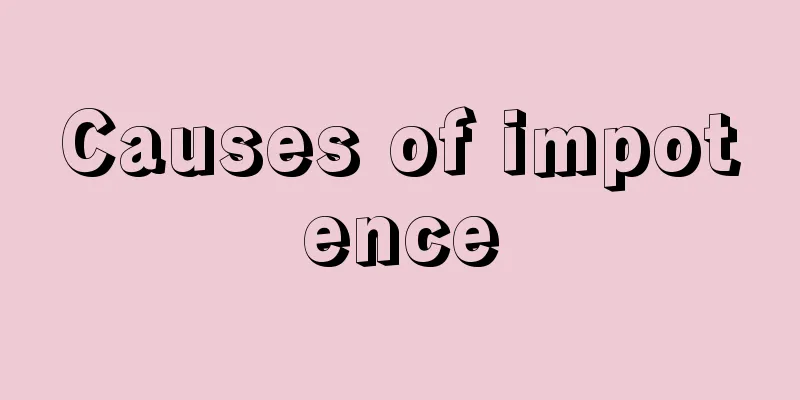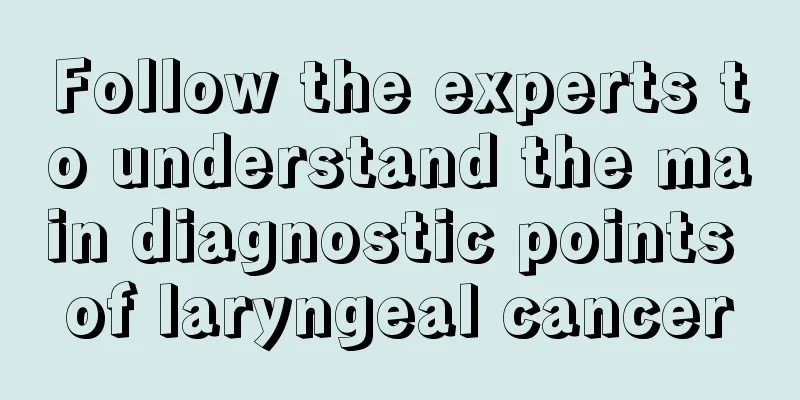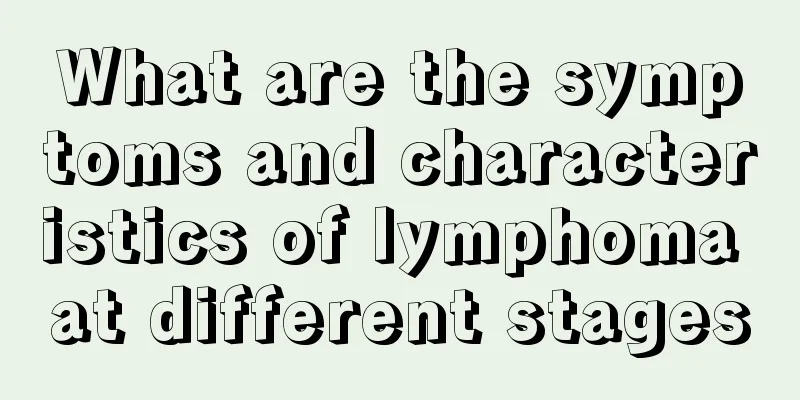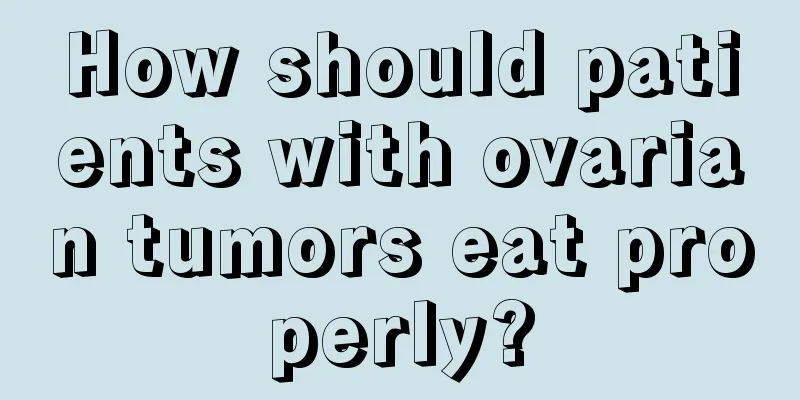Can targeted therapy cure kidney cancer?
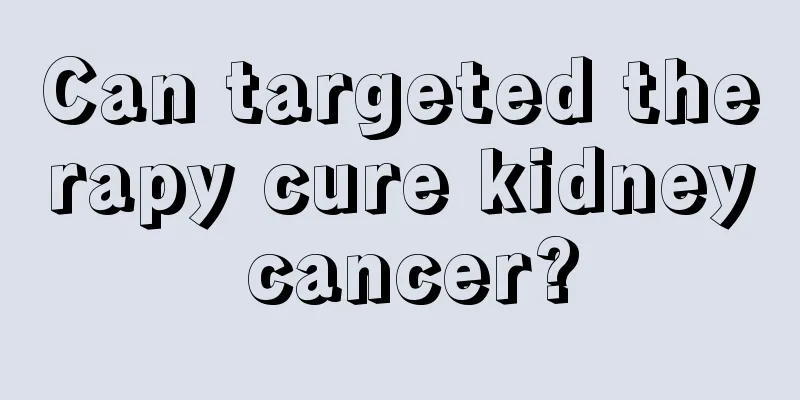
|
Can targeted therapy cure kidney cancer? Whether cancer can be cured should take into account the patient's physical condition, tumor pathological staging, comprehensive treatment methods, etc. Clinicians should pay attention to selecting appropriate treatment plans based on the patient's condition, improve the body's immunity as much as possible, control the patient's condition, effectively improve the patient's physical condition, and prolong the survival period with cancer. Renal cell carcinoma (RCC) is the most common type of kidney cancer, and its incidence has been gradually increasing in recent years. What are the targeted therapeutic drugs for advanced kidney cancer? In foreign treatment guidelines, Sutent and Nexavar are mostly recommended as first-line treatments for advanced renal cancer, while axitinib and everolimus are recommended as second-line treatments. The 2012 NCCN Kidney Cancer Guidelines in the United States recommend Sutent as a first-line treatment for recurrent or unresectable stage IV renal cancer (clear cell-dominant type), with a level of evidence of Class I evidence; Nexavar is recommended as a first-line treatment for specific clear cell renal cancer, with a level of evidence of Class 2A evidence; and everolimus, axitinib, and Nexavar are recommended as second-line treatments. For non-clear cell-dominant type, everolimus, Nexavar, and Sutent are recommended as first-line treatments, with a level of evidence of Class 2A evidence. For experienced doctors in the front line of clinical practice, in addition to considering the pathological type of the tumor and the efficacy and side effects of the drug, they should also consider the patient's comorbidities and other aspects comprehensively, so as to achieve the desired effect while minimizing the impact of the drug's side effects on the patient's quality of life. For example, sunitinib should be used with caution in patients with thyroid dysfunction, significantly decreased LVEF, chronic heart disease (chronic heart failure, coronary heart disease, etc.), and severe uncontrolled hypertension; sorafenib has a high incidence of hand-foot skin reactions and gastrointestinal toxicity and side effects, and is not suitable for patients with chronic digestive tract diseases; everolimus should be used with caution in patients with poor lung function, pneumonia or other active infections. In short, targeted therapy is currently the most effective method for treating advanced renal cancer. When selecting targeted drugs, we must comprehensively consider the efficacy and side effects of the drugs, the pathological type and risk level of the tumor, and the patient's comorbidities, in order to achieve individualized treatment and maximize the benefits to patients. Among them, it is important to emphasize that targeted drug therapy is complex, evidence-based, and constantly evolving. For each individual, specific problems must be analyzed specifically. |
<<: Can early kidney cancer be cured?
>>: Can I eat okra after kidney cancer surgery
Recommend
What to do if you choke on your trachea while eating watermelon
You must chew your food slowly and thoroughly whe...
What can men drink to prevent liver cancer? You can also do this to prevent liver cancer
Brown sugar water has always been labeled as a dr...
Can you get pregnant if you have Helicobacter pylori?
When we are infected with Helicobacter pylori, co...
You should learn how to freeze and preserve the soaked sea cucumbers
Sea cucumbers are a very common seafood dish, but...
Can early cervical cancer be cured?
Generally speaking, the progress of treatment for...
How to arrange diet for acute lymphoblastic leukemia?
In life, many people are afraid of tumors. Acute ...
How to save yourself from coffee poisoning?
Coffee is a very popular drink in our daily life ...
What to eat to improve memory
Each of us wants to have the ability to remember ...
How to treat Yang deficiency and fear of cold
Traditional Chinese Medicine is an important cont...
How to massage the thyroid reflex area
For patients with thyroid nodules, drug therapy c...
Can I swim if I have rheumatism
In the hot summer, many people can't resist t...
How to wash moldy clothes
I believe many of my friends have seen that the e...
The difference between the upper respiratory tract and the lower respiratory tract is important for preventing diseases
Respiratory disease is a common disease, especial...
What are the ways to make your legs longer
There are many ways to make your legs longer, the...
What are the methods for removing formaldehyde from home decoration?
After the house is renovated, formaldehyde will b...

